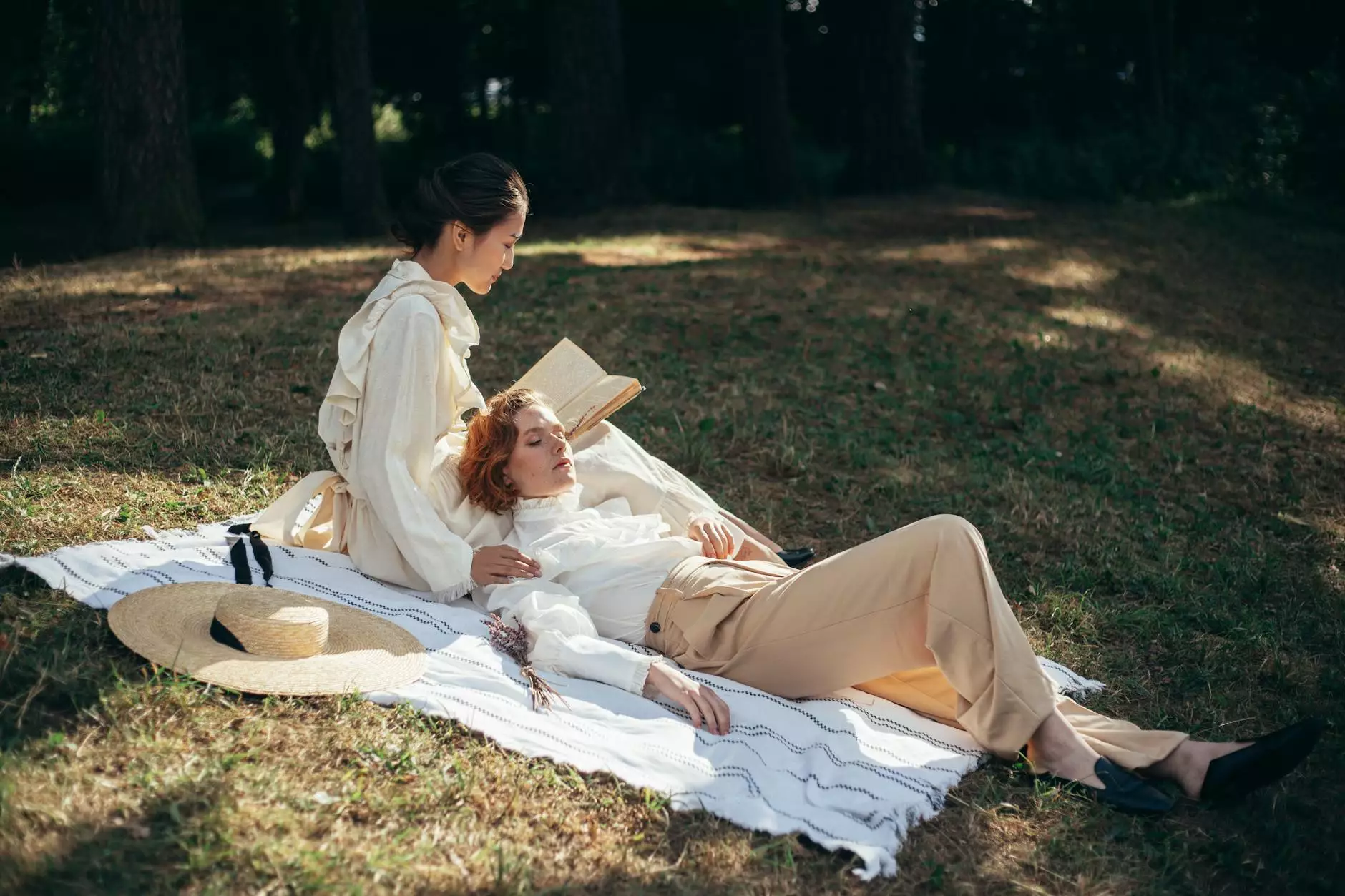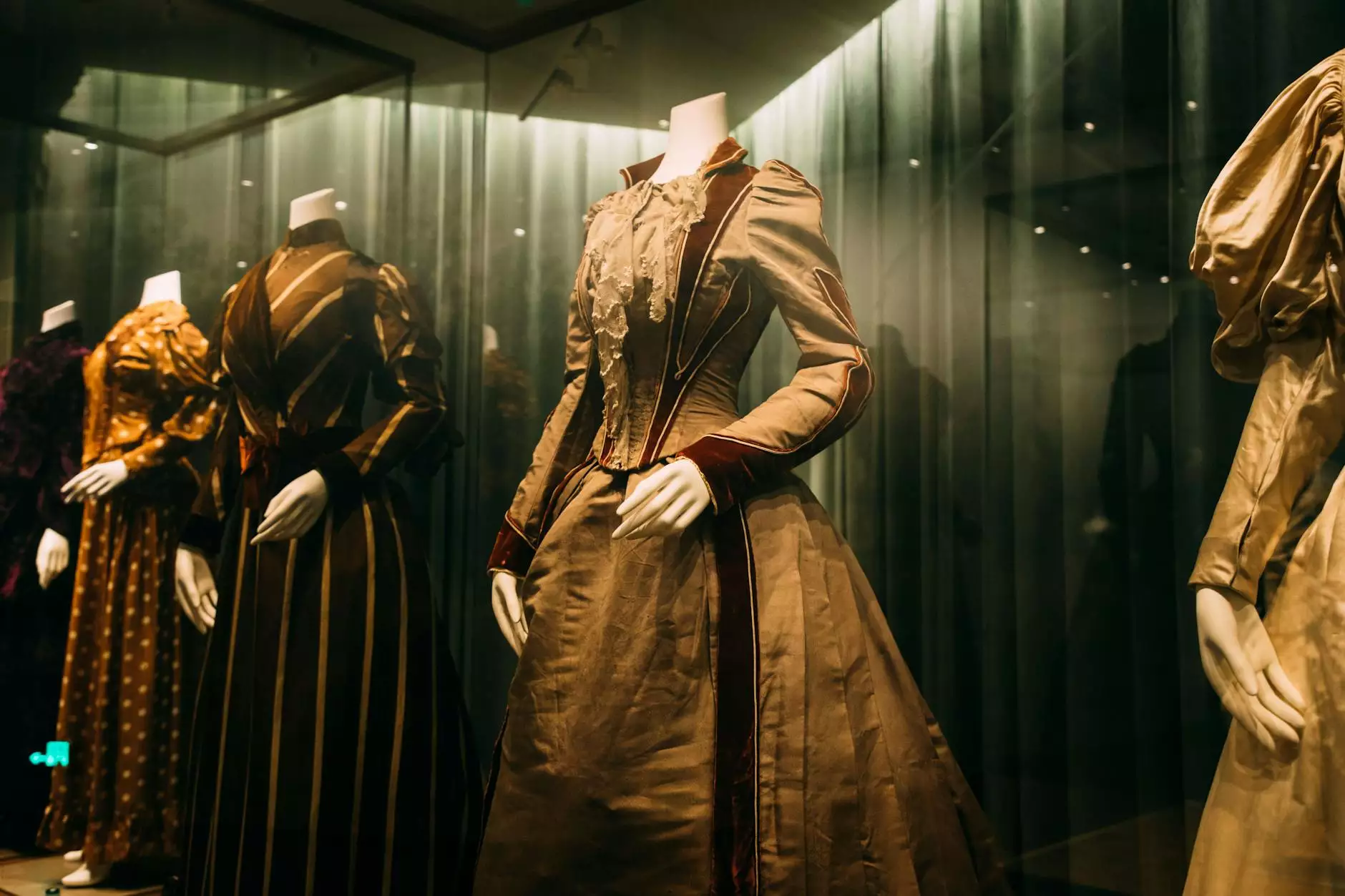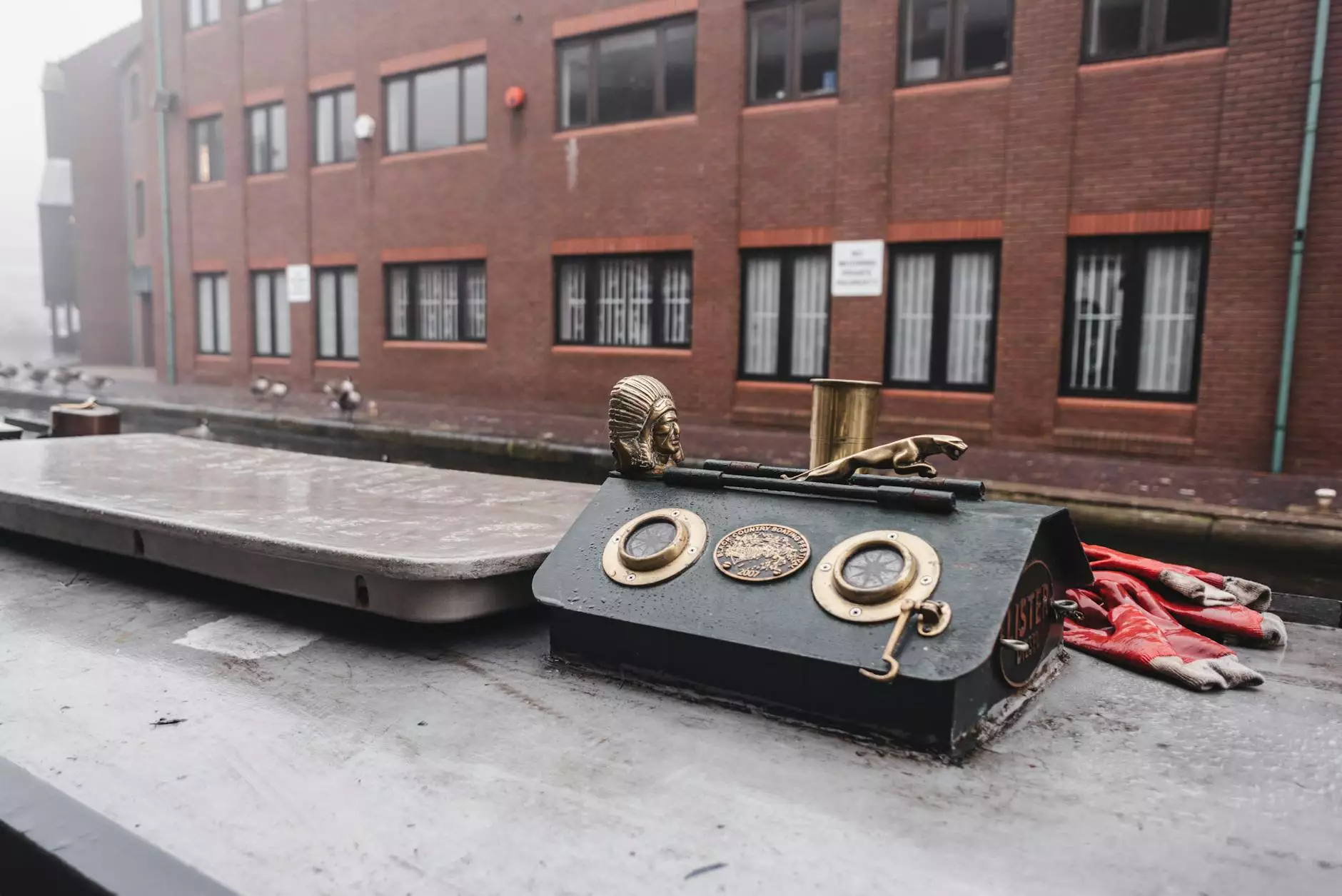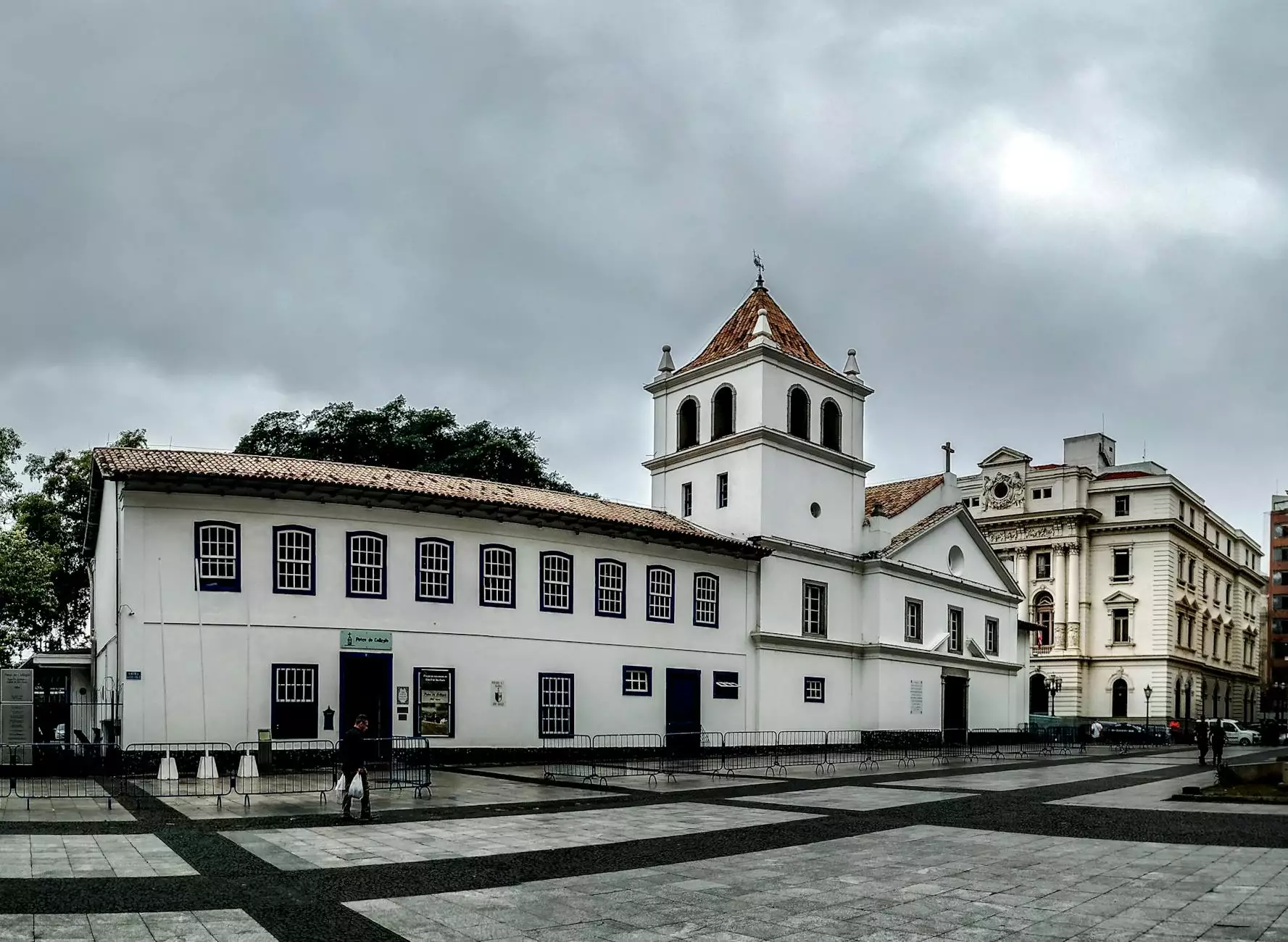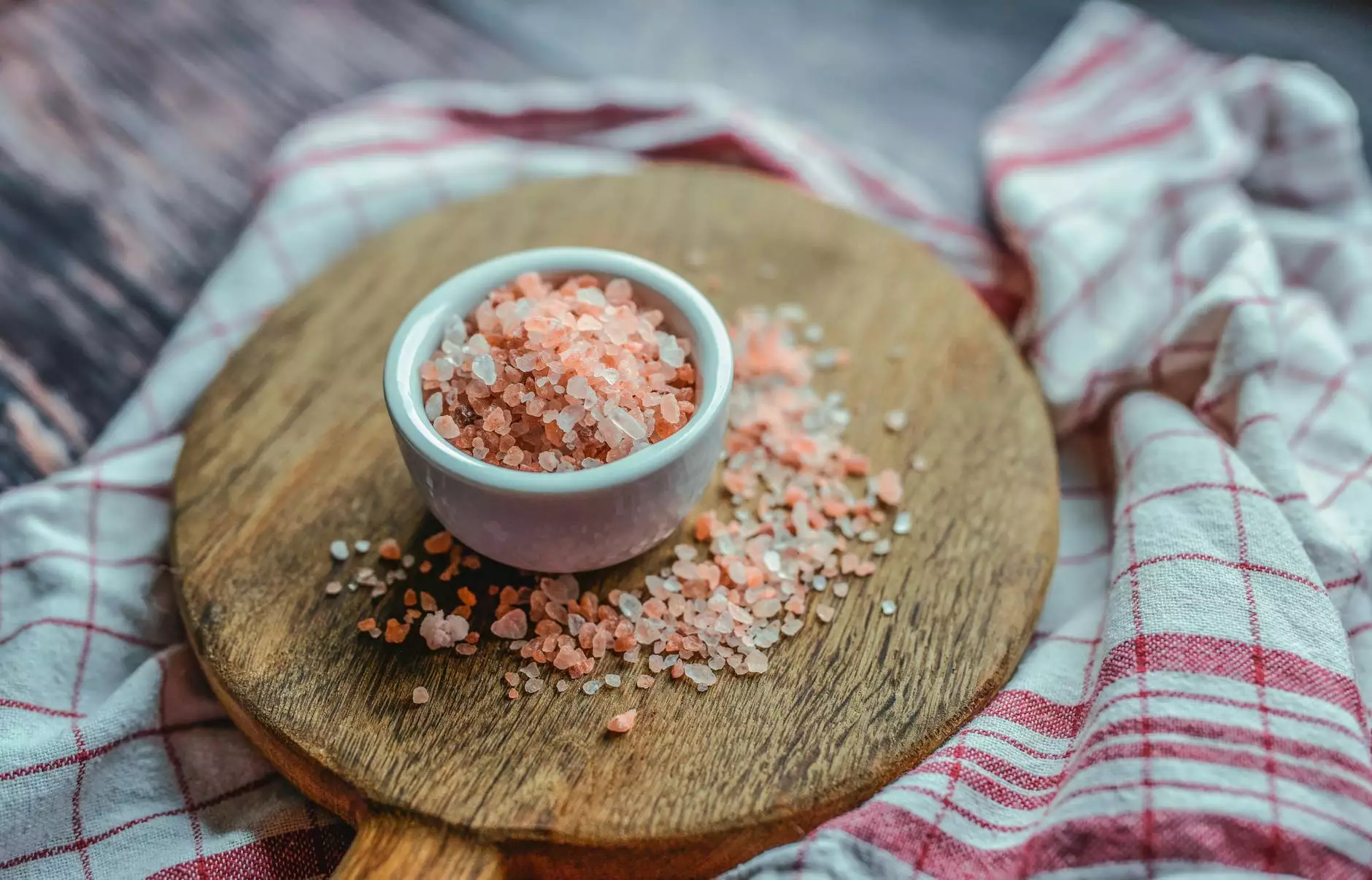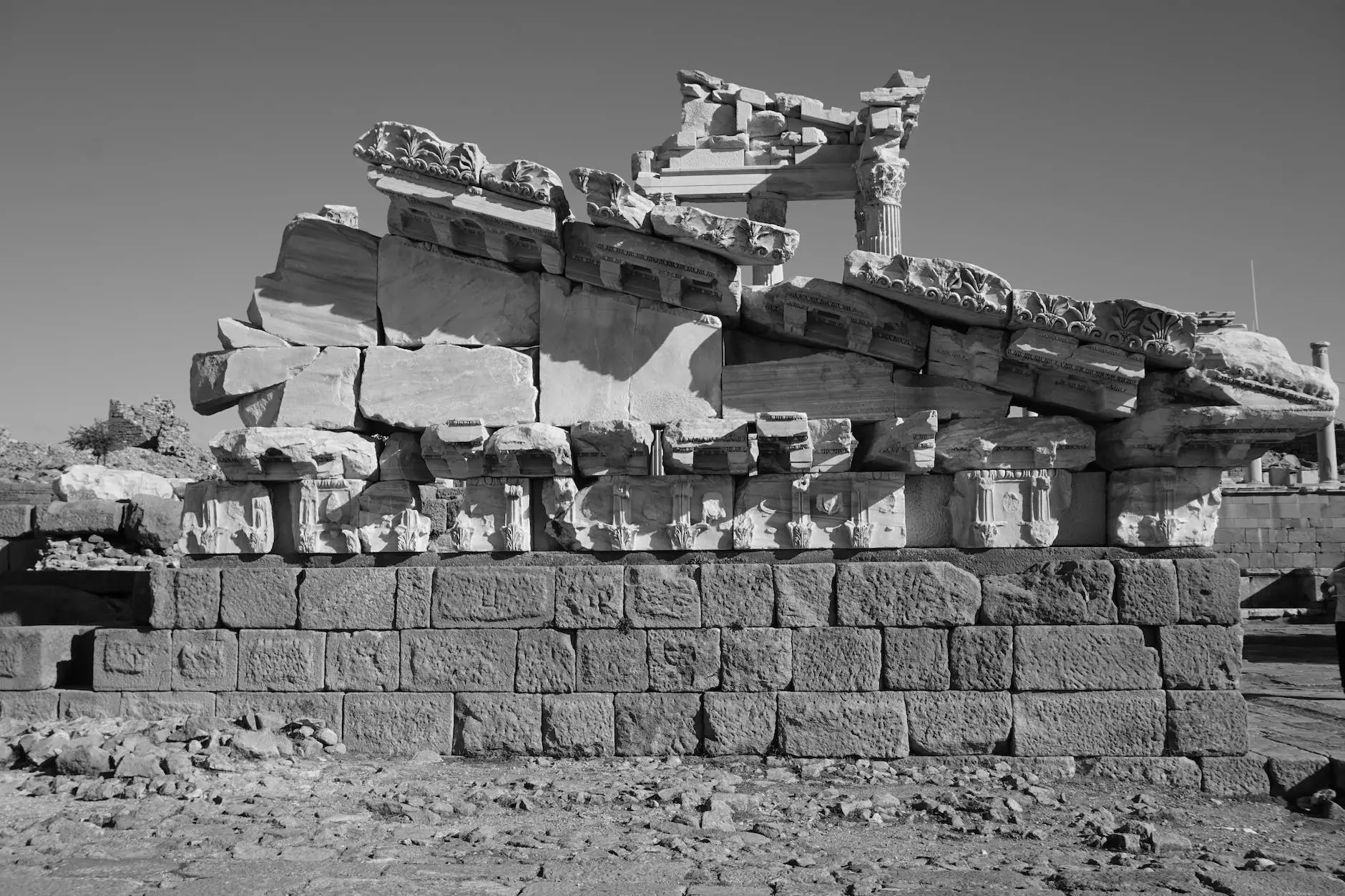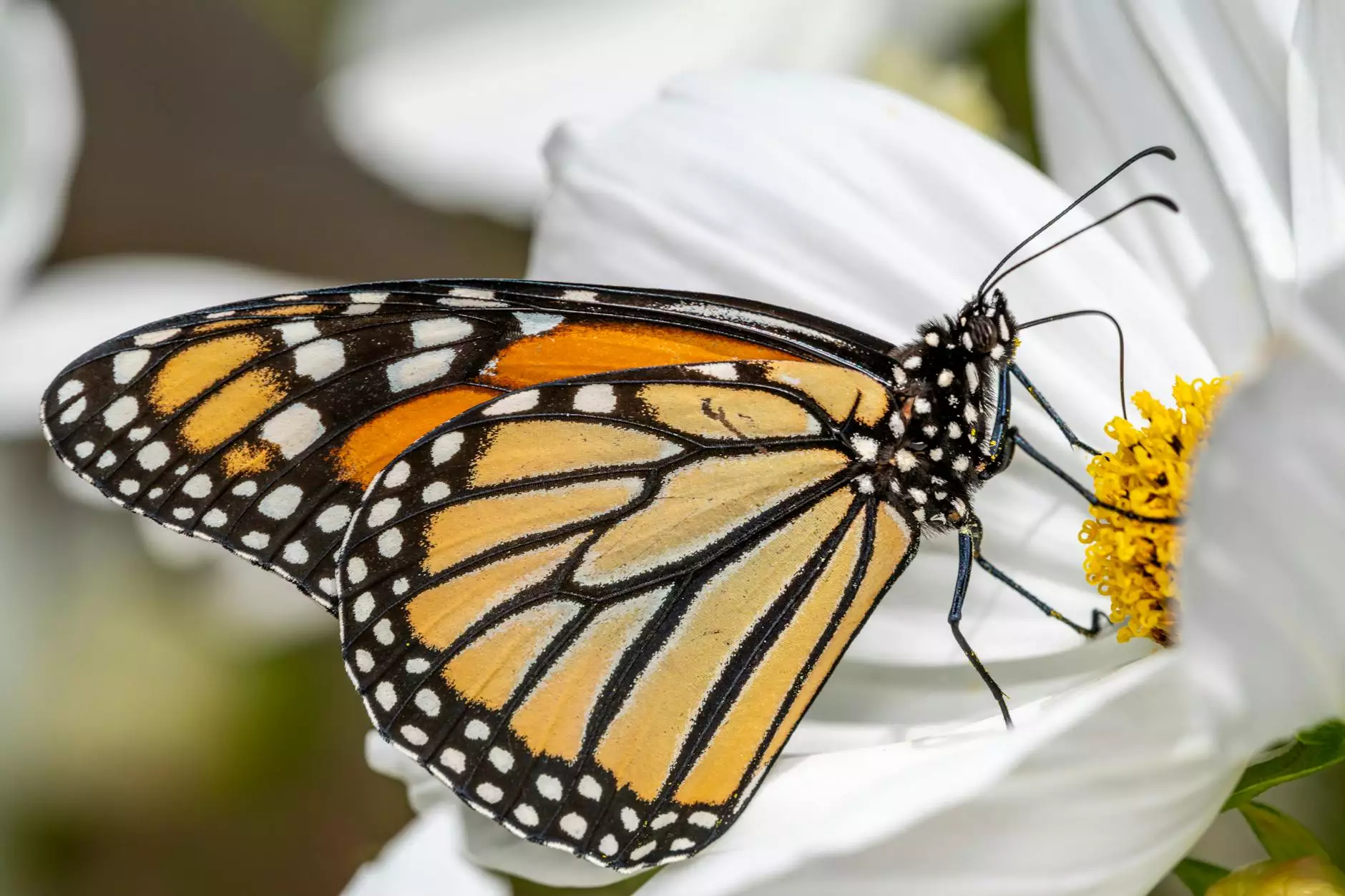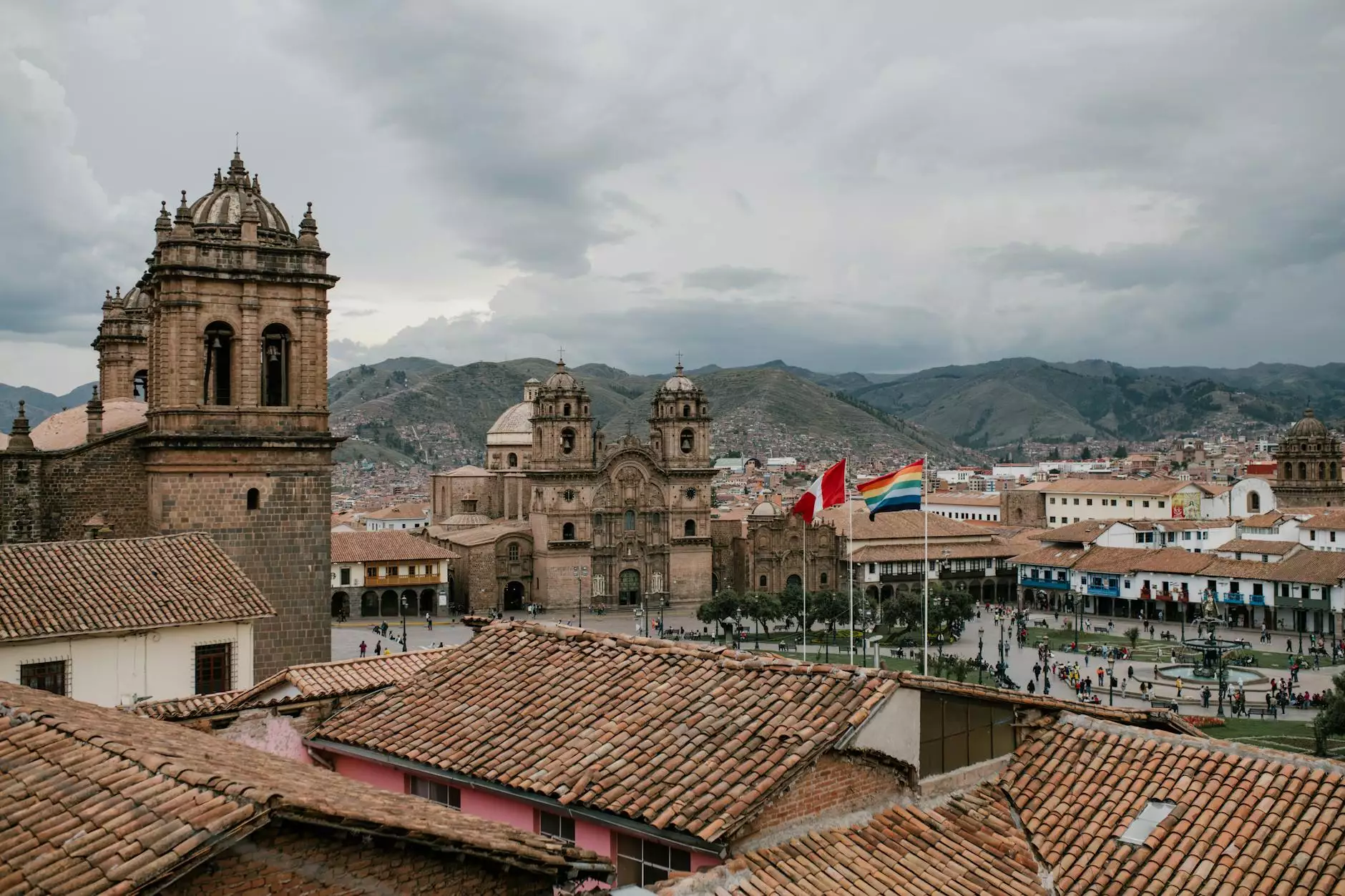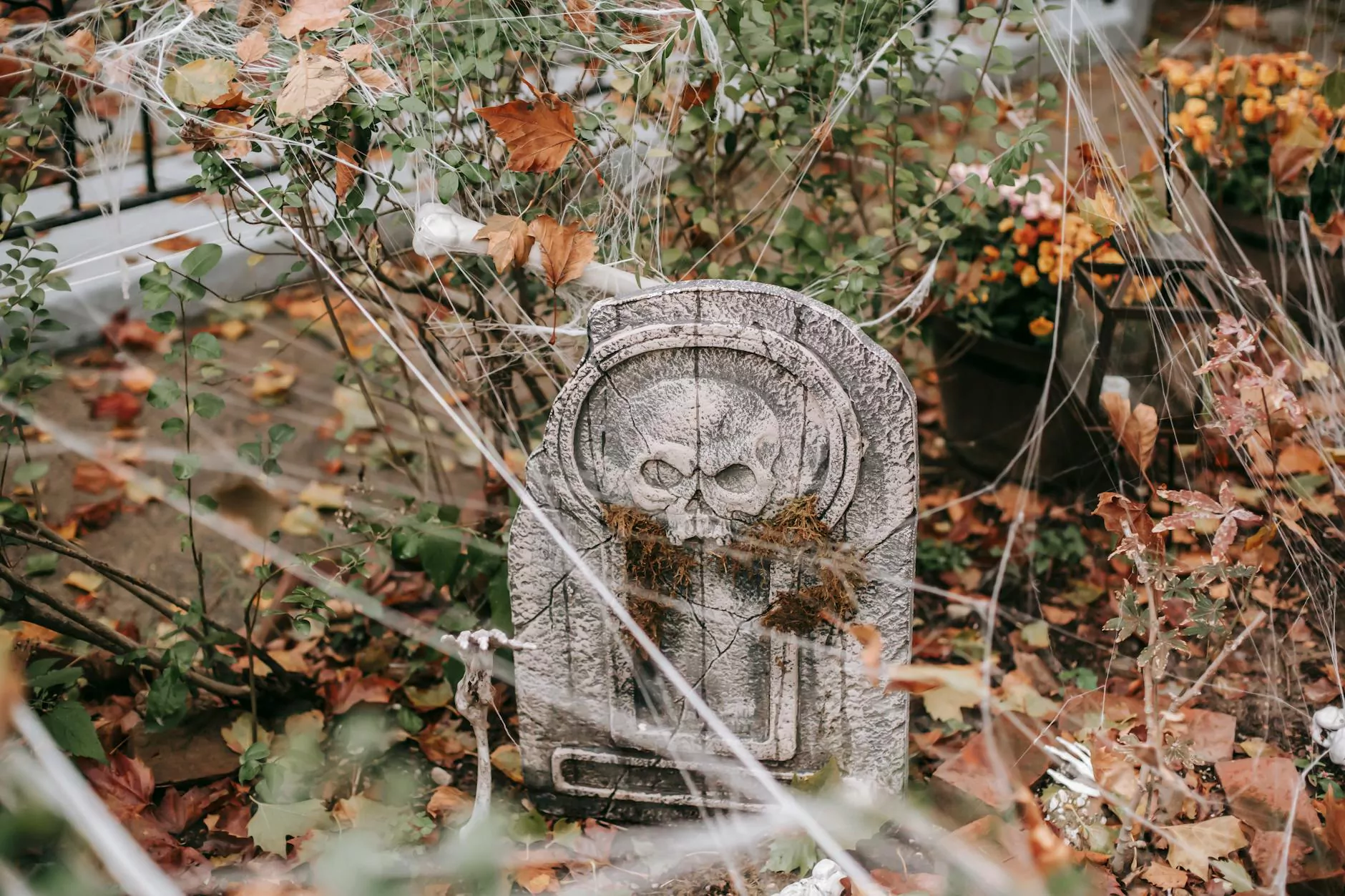Ancient Roots & Folk Traditions of Mexico's Feast of Days of the Dead
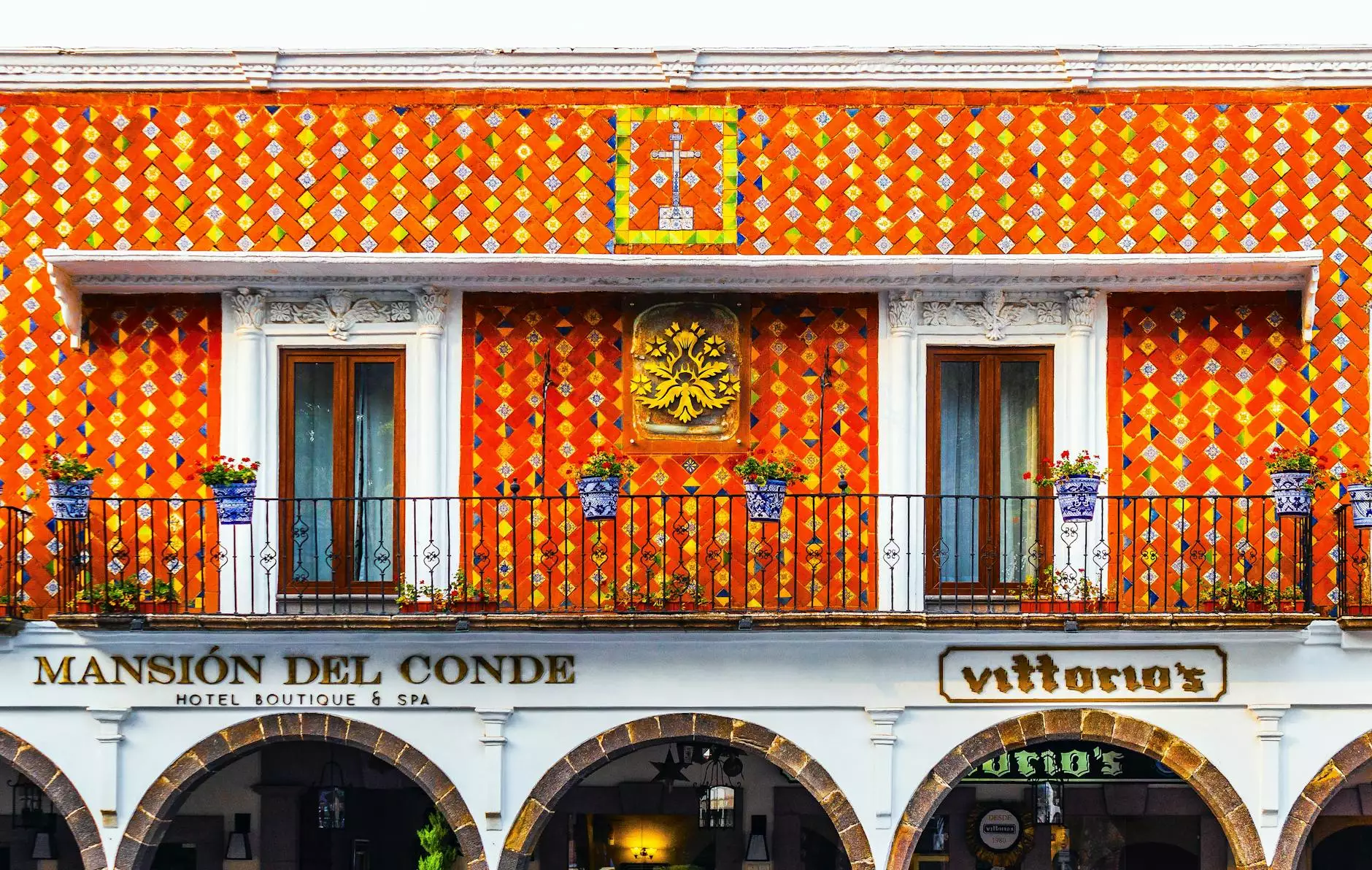
Discover the Essence of Mexico's Vibrant Celebration
Welcome to La Historia Society, a platform dedicated to showcasing the rich cultural heritage of Mexico. In this article, we invite you to delve into the ancient roots and folk traditions of Mexico's Feast of Days of the Dead, a celebration deeply ingrained in the country's history and identity.
Understanding the Feast of Days of the Dead
The Feast of Days of the Dead, known as Día de los Muertos in Spanish, is a vibrant and colorful celebration that takes place annually from October 31st to November 2nd. It is a unique amalgamation of indigenous and Catholic traditions, reflecting Mexico's complex cultural tapestry.
During this time, Mexican families and communities come together to honor and remember their departed loved ones. Far from being a somber occasion, the Feast of Days of the Dead is a joyous celebration of life and a testament to the enduring connection between the living and the deceased.
The Historical Significance
The roots of the Feast of Days of the Dead can be traced back to pre-Columbian times when indigenous communities in Mexico, such as the Aztecs, Mayans, and Toltecs, held rituals and ceremonies to pay tribute to their ancestors. These ancient civilizations believed that death was simply a part of the cycle of life and that the souls of the departed would return to visit their loved ones during this time.
With the arrival of Catholicism in Mexico during the Spanish colonization, the indigenous traditions merged with Catholic beliefs surrounding All Saints' Day and All Souls' Day, resulting in the unique blend that defines the Feast of Days of the Dead today.
Key Traditions and Customs
Ofrendas: Altars and Offerings
One of the most iconic elements of the Feast of Days of the Dead is the creation of ofrendas, or altars, adorned with colorful flowers, candles, photographs, and personal mementos. These altars serve as a welcoming space for the spirits of the departed and are believed to help guide them back to the earthly realm.
Family members prepare the ofrendas with great care and attention to detail, often including the deceased's favorite food and beverages. It is believed that the heavenly aroma of the favorite dishes will guide the spirits back home.
Calacas and Calaveras: Skeletons and Skulls
Another prominent aspect of the Feast of Days of the Dead is the use of calacas (skeletons) and calaveras (skulls) as decorative motifs. These playful and colorful representations of death symbolize the jovial nature of the celebration, reminding us that death is an inevitable part of life.
Elaborately decorated sugar skulls, often bearing the names of the living or departed, are also popular during this time. These sweet treats are not only enjoyed as delicacies but are also used as offering to the spirits.
Regional Variations and Festivities
While the Feast of Days of the Dead is celebrated throughout Mexico, each region adds its own unique touch and customs to the festivities. From the elaborate parades in Mexico City to the hauntingly beautiful cemetery vigils in Oaxaca, there is a wealth of diversity to be discovered.
In some regions, families gather in cemeteries to clean and decorate the graves of their loved ones, transforming the spaces into vibrant and colorful displays of remembrance. In others, street festivals and processions take place, showcasing traditional music, dance, and artistic performances.
Preserving and Promoting Cultural Heritage
At La Historia Society, we aim to celebrate and promote the cultural heritage of Mexico, including its rich traditions and festivals. We believe that by understanding and embracing our roots, we can foster a sense of pride and unity within our communities.
Join us in exploring the ancient roots and folk traditions of Mexico's Feast of Days of the Dead. Immerse yourself in the vibrant colors, tantalizing aromas, and captivating music that make this celebration so unique. Discover the stories behind the traditions and gain a deeper appreciation for the connection between the living and the departed.
La Historia Society welcomes all individuals who share a passion for cultural heritage, community, and society. Together, let us honor and preserve the ancient roots and folk traditions that have shaped Mexico's identity for centuries.

